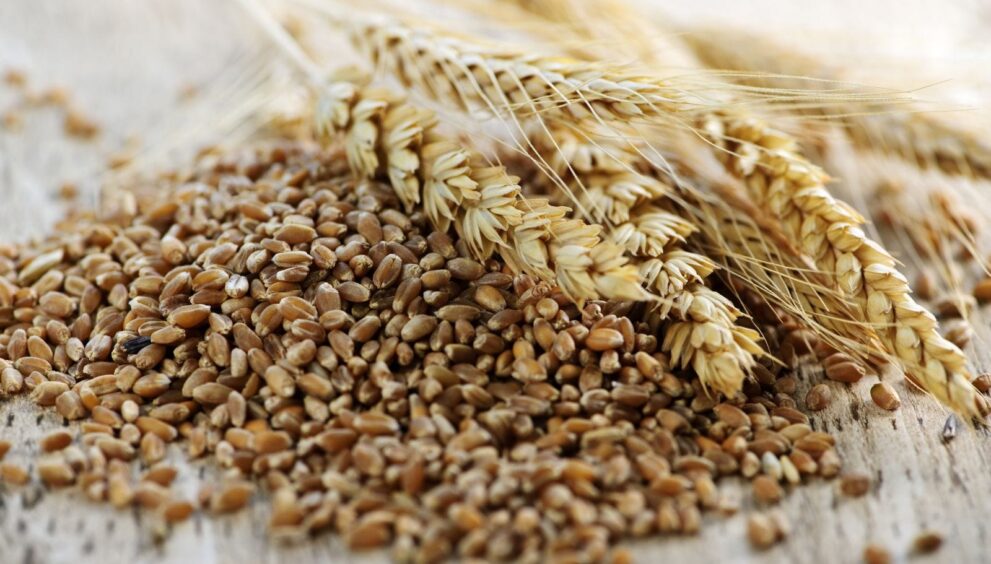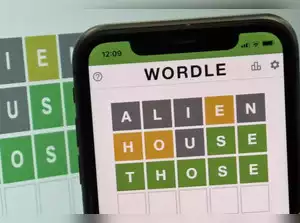Is Wheat a Vegetable or Something Else?

Is Wheat a Vegetable: Unraveling the Culinary Conundrum
In the labyrinth of dietary classifications, the question of whether wheat qualifies as a vegetable often sparks curiosity and confusion. “Is wheat a vegetable?” is a query that delves into both the botanical intricacies and the everyday culinary perceptions of this dietary staple. Join us on a journey as we unravel the wheat mystery, exploring its botanical roots, culinary identity, and the nutritional nuances that make it a significant player in our diets.
Botanical Basics: Wheat and the Vegetable Kingdom
At the heart of this inquiry lies the botanical foundation. Vegetables, in botanical terms, encompass the edible parts of plants such as roots, stems, leaves, and flowers. Wheat, on the other hand, is a cereal grain, and the part we commonly consume is the seed or kernel. This botanical distinction firmly places wheat outside the realm of vegetables.
Wheat in the Culinary Landscape: Navigating Linguistic Labyrinths
While botany provides a clear answer, the culinary world often introduces linguistic labyrinths. In everyday conversations, the term “vegetable” is a versatile label that can encompass a broad spectrum of plant-based foods, including grains like wheat. This colloquial usage contributes to the blurred lines and the ongoing debate over whether wheat can be considered a vegetable.
The Grain Identity: Wheat as a Cereal Marvel
Wheat, belonging to the Poaceae family, proudly wears the badge of a cereal grain. Cultivated for its seeds, wheat plays a pivotal role in the culinary world, finding its way into a plethora of products, from bread to pasta. Understanding its grain identity becomes essential in unraveling the “is wheat a vegetable” conundrum.

Nutritional Nuances: Wheat’s Role in a Balanced Diet
Regardless of its botanical classification, wheat brings a wealth of nutrients to the table. Rich in carbohydrates, fiber, and essential nutrients, it contributes significantly to the daily dietary intake for millions worldwide. Whole grains, including whole wheat, are celebrated for their potential health benefits, from promoting digestive health to reducing the risk of certain diseases.
Wheat Versus Vegetable: Navigating Dietary Choices
Distinguishing between grains and vegetables becomes crucial for those making mindful dietary choices. Vegetables offer a gamut of essential vitamins and minerals, while grains like wheat bring their unique set of nutrients to the plate. The key lies in fostering a diverse diet that encompasses a variety of foods to ensure a holistic intake of nutrients.
Conclusion: Wheat’s Culinary Classification
In conclusion, while wheat may not earn its place in the botanical vegetable kingdom, its common usage in everyday conversations about vegetables blurs the lines. Recognizing the botanical distinction and understanding wheat’s culinary significance empowers individuals to make informed dietary choices. So, the next time the question arises – “Is wheat a vegetable?” – you can confidently navigate the culinary conundrum armed with a deeper understanding of wheat’s role in our diverse diets.













